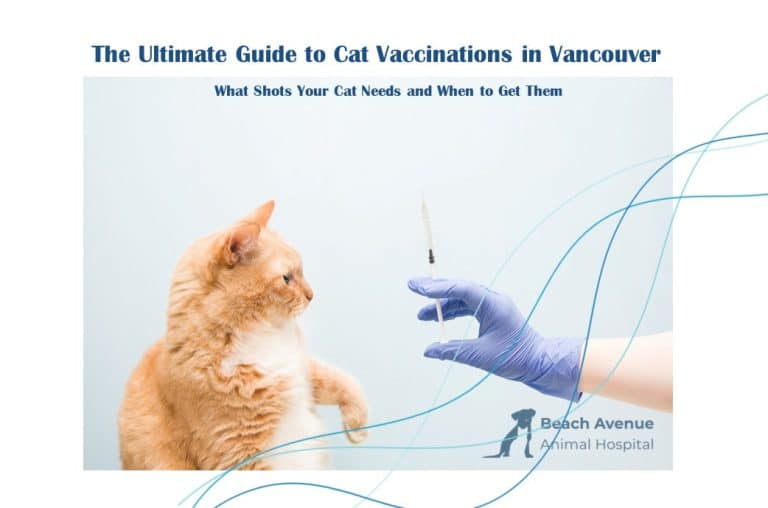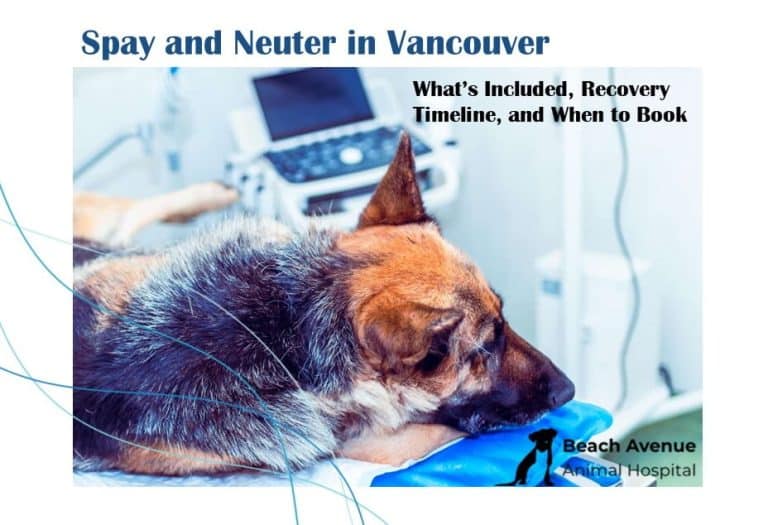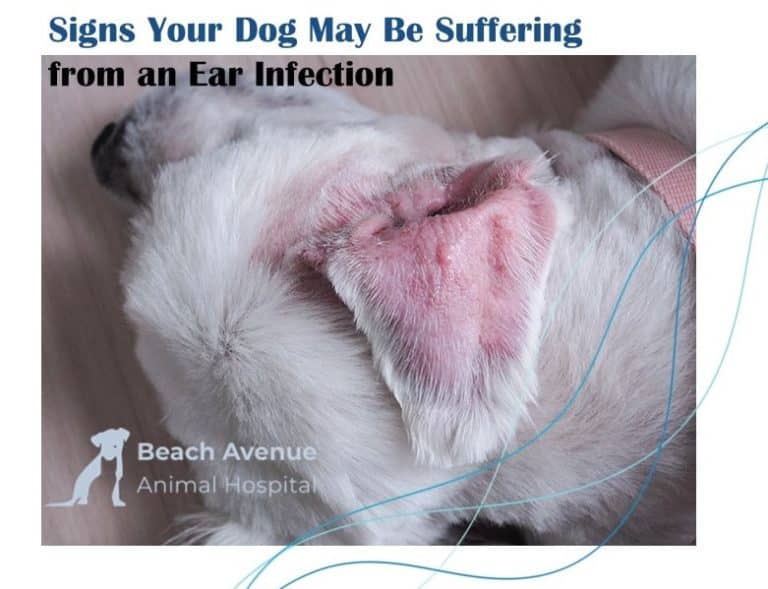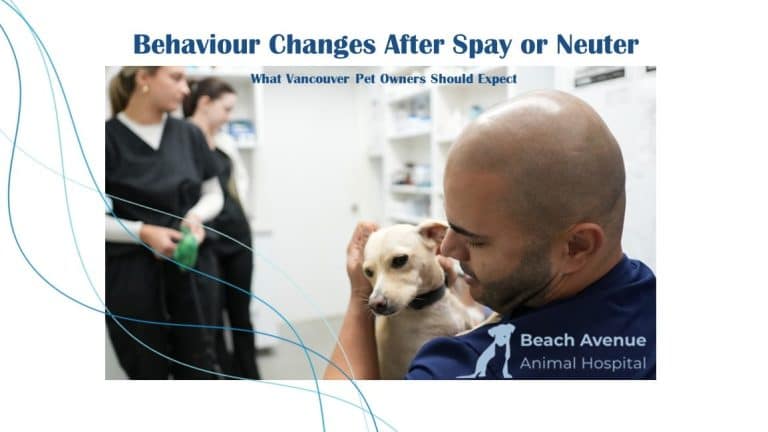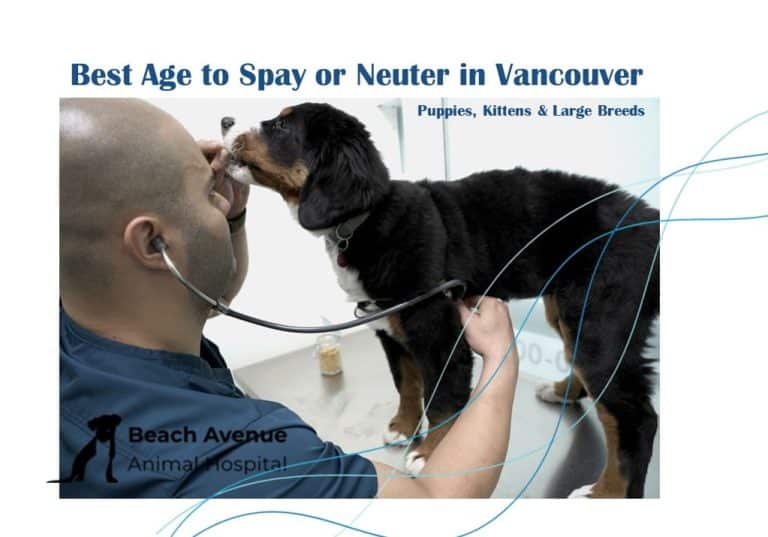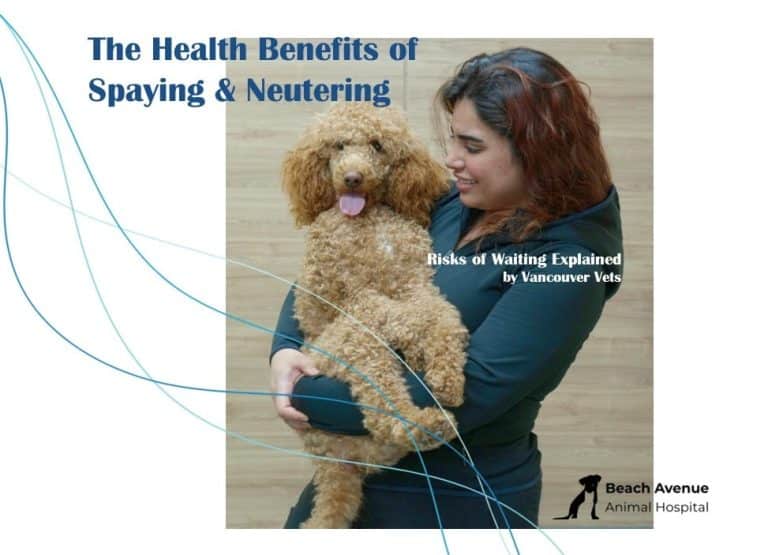Is xylitol dangerous for dogs? Yes, even in small amounts, xylitol can cause severe health problems like seizures and liver failure in dogs. Found in sugar-free products like gum and candy, it’s important to act quickly if your dog consumes it. Learn how to keep your dog safe, especially during treat-heavy times like Halloween, and discover dog-friendly alternatives. In this article, we have given more detailed explanations about dealing with this toxic substance.

1. Why Xylitol is Dangerous for Dogs
Xylitol is a sugar substitute found in many products we use every day. While it’s safe for humans, it can be extremely harmful to dogs. Xylitol is commonly found in gum, sugar-free candies, and some baked goods. With Halloween around the corner, the risk of dogs accidentally consuming xylitol increases because of the extra treats in the house. Pet owners need to be extra careful to keep their dogs safe during this treat-filled holiday.
2. How Xylitol Affects Dogs
When a dog eats something with xylitol, their pancreas releases too much insulin. This causes a rapid drop in their blood sugar levels, known as hypoglycemia. Hypoglycemia can cause symptoms like vomiting, weakness, shaking, and in severe cases, seizures. If not treated quickly, it can lead to liver failure or even death. The effects of xylitol can happen fast, sometimes within 10 to 30 minutes after ingestion, so quick action is critical.

3. Xylitol and Halloween: A Risky Time
Halloween is a time filled with candy and treats, many of which are sugar-free and may contain xylitol. Dogs might be tempted to get into trick-or-treat bags or candy bowls. This makes Halloween especially dangerous for dogs. Some sugar-free candies, gum, and baked goods that people buy for the holiday may have xylitol, so pet owners must be careful. Keep all Halloween treats out of reach of pets to avoid accidental poisoning.
4. What to Do If Your Dog Eats Xylitol
If you think your dog has consumed something containing xylitol, it’s critical to act quickly. Contact us immediately at (778) 760-0000 or, if you are in Vancouver, come directly to Beach Avenue Animal Hospital. Don’t wait for symptoms to appear, as xylitol can affect your dog’s health rapidly. Your vet may recommend bringing your dog in for treatment right away. The faster you get help, the higher the chances of a full recovery for your dog.
5. How to Keep Your Dog Safe
Keeping your dog safe from xylitol is simple if you take a few precautions:
- Always check the labels of candy and food products to see if they contain xylitol.
- Store Halloween candy and treats in a place where your dog can’t reach them.
- Give your dog safe, pet-friendly treats instead of sharing your candy.
- Be extra cautious during holidays when candy is more likely to be around, like Halloween.
If you want to read more about this, read this article: Halloween Safety and Your Pets
6. Spread the Word
Many people don’t know how dangerous xylitol is for dogs. That’s why it’s important to share this information with other pet owners. Use social media to spread awareness about the risks, especially around Halloween when treats are everywhere. By educating others, you can help prevent accidental xylitol poisoning in dogs.
FAQs:
- What is xylitol, and why is it dangerous for dogs?
Xylitol is a sugar substitute that’s safe for humans but very dangerous for dogs. It causes a rapid drop in a dog’s blood sugar, which can lead to serious health problems like seizures and liver failure. - What should I do if my dog eats something with xylitol?
Contact your veterinarian or an emergency pet hospital right away. Don’t wait for symptoms to appear, as xylitol poisoning can happen quickly. - How can I tell if a product has xylitol in it?
Always read ingredient labels carefully. Xylitol may be listed under different names, so look for terms like “sugar alcohol” or “birch sugar” as well. - What are the signs of xylitol poisoning in dogs?
Symptoms of xylitol poisoning include vomiting, weakness, shaking, seizures, and in severe cases, liver failure. - How much xylitol can harm a dog?
Even small quantities of xylitol can be dangerous to dogs. Just a small piece of sugar-free gum can cause serious problems. - What Halloween treats should I keep away from my dog?
Keep all candy, especially sugar-free varieties, out of reach. This includes gum, mints, and any baked goods made with xylitol. - Can xylitol poisoning in dogs be treated?
Yes, if caught early, xylitol poisoning can be treated. Quick action and getting to a vet as soon as possible increases the chances of a full recovery. - What treats can I give my dog instead of candy?
Choose dog-safe treats made specifically for pets. You can also give small pieces of fruits like apples (without seeds) or carrots, but avoid anything that could be harmful.


